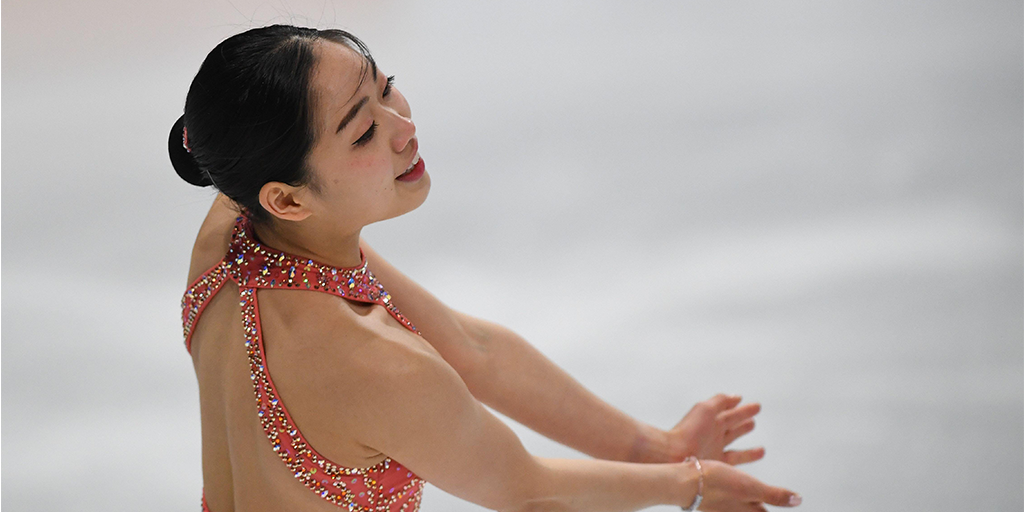Excellent thread. I have nothing much to add except that on a general mental plain, there are many issues that face athletes. I live with an athlete so I know.....
I think this article by Emmy Ma is very well done.

What led me to retire from a successful sports career at 20-years-old
Parity Intern and college student Emmy Ma is 21-years-old and already on her second career. The award-winning figure skater details the highs and lows...impact.paritynow.co
I need to thank you twice, @CoyoteChris . For the first time for Emmy‘s article and for the second time for getting me to another article from the web through Emmy‘s story.
1) Emmy Ma was 21 years old in time when article was written, but she was very wise despite that young age. (She didn‘t directly tell that she was fighting with eating disorders, so I did not add her to the list.)
https://impact.paritynow.co/what-le...rP5LeA3RGsM-Pp3LfqTdsjexR6oQETDOn7eSm2M2dhUH0
I want to quote some of her ideas:
“It’s no surprise that somewhere along the way, I began to equate my value with how much success I attained in the figure skating world.“
“Mental health issues among figure skaters are rampant and nothing new, yet have been hardly talked about until recently.“
“Young, impressionable athletes are failed by a lack of education that could protect them from – and perhaps change – the culture that tells them that their worth is defined by the number of medals to their name.“
Interesting point from Emma‘s story...When she was out of figure skating community she did realise what was wrong and worked on corrections....BUT when she came back to figure skating community, all those unhealthy habits and opinions around her continued. Like nobody around her would realise that what led her to troubles were exactly those unhealthy habits and opinions.
2) https://www.theguardian.com/sport/2...e-transformed-figure-skating-but-at-what-cost
- the main topic of this articles from 2020 is not what is this thread about, but I want to use some of Kiira Korpi‘s quotation:
“It’s a vicious cycle when you live inside the bubble,” says Kiira Korpi, a two-time Olympian for Finland who is now a psychology student at the New School in Manhattan and a children’s rights activist. “You don’t even realise how unhealthy or toxic some of the cultural norms are.”
“You grow up to believe if you get injured it’s because you’re weak. Or if your body or psychological state fails it’s because you are weak. “
“I was never educated on the effects of not getting your period. The expectation was that it was a good thing. Nobody was talking about the symptoms it can create, the psychological problems, the stress fractures that can happen due to the fact you don’t get enough energy and your hormonal function not working. So we need to call out the community for sending these unhealthy messages. This notion you should always restrict your food and always lose weight and no matter what you must restrict, restrict. That kind of messaging is so concerning.
ISU could consider a questionnaire for junior skaters of all cathegories – are they educated? About puberty? What happens when you try to stop puberty? What are stress fractures coming from? What are criterias for healthy food / bulimia / anorexia? How many water human one should drink per day? How many calories per day?...Maybe ISU would be shocked with answers...
I do remember that many years ago one skater from Asia was asked to choose – gold medal but living for short time OR no gold medal but having long life. The skater chose gold medal.


 They do worry but they go and jump especially in top level sport.
They do worry but they go and jump especially in top level sport.